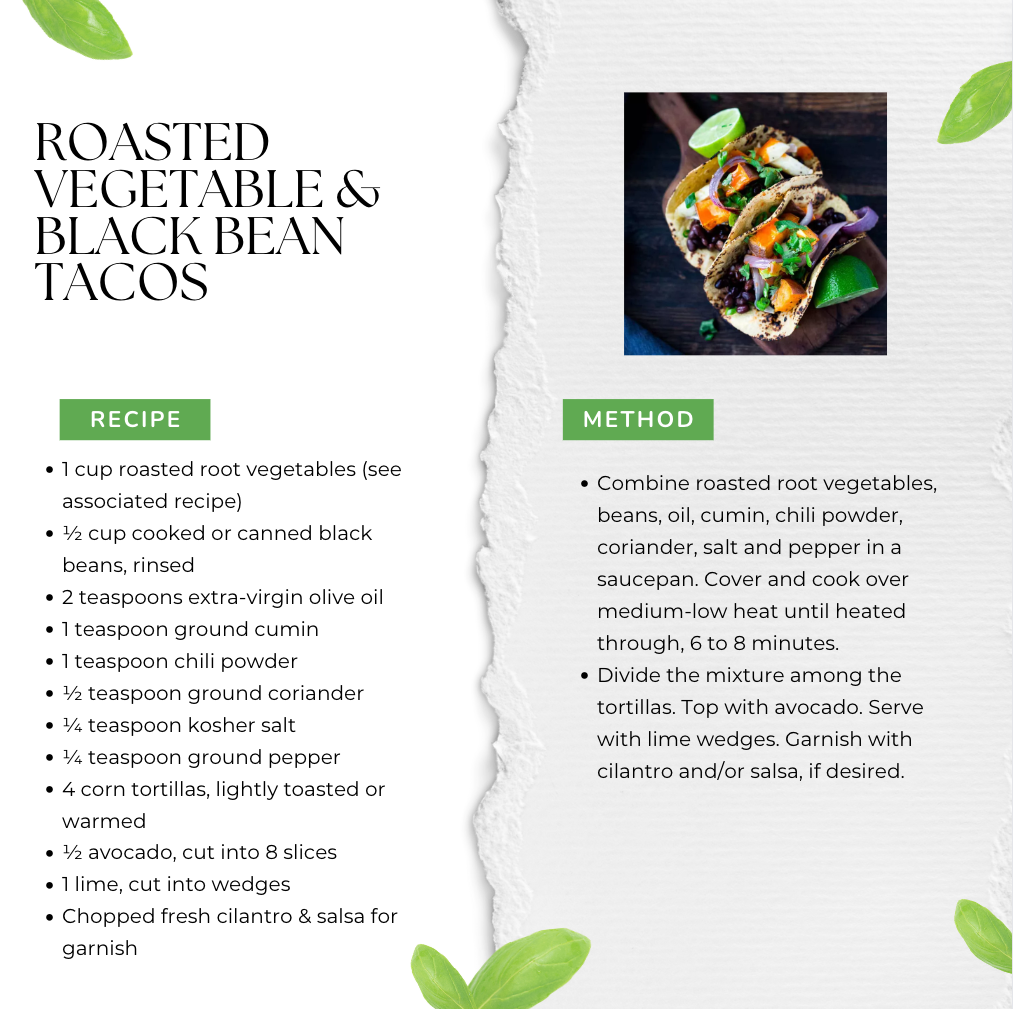Hamburgers, french fries, and mashed potatoes were the top consumed foods across the nation in 2023. Every day, individuals eat processed food filled with sugar, chemicals and preservatives that are extremely harmful to the body. As a result of that, in 2023, over 42% of people across the nation dealt with obesity, and as March approaches, millions of people participate in National Nutrition Month. While some may view it as just a month on the calendar, it presents an opportunity to educate and promote healthy choices.
“I like to balance eating junk food and healthy food by eating healthy food during the week and eating food I enjoy on the weekend that are unhealthy,” sophomore Shreya Siva said. “It helps me feel more energized throughout the week”
National Nutrition Month highlights the significance of smart food decisions and healthy eating habits. Good nutrition involves consuming a balanced diet rich in fruits, vegetables, lean proteins, whole grains, and healthy fats. It also encompasses staying hydrated, controlling portion sizes and minimizing processed foods and added sugars.
“After starting high school I became more cautious about my health because I had to take care of myself,” Siva said. “I started to pack more fruits and vegetables for lunch like green grapes and cucumbers.”
Regular consumption of processed foods which are often high in added sugars, salt and unhealthy fats, can increase the risk of chronic diseases such as obesity, heart disease, and diabetes, while also displacing healthier whole foods. Additionally, processing can strip foods of their natural nutrients and introduce harmful additives, contributing to poor dietary habits and overall health outcomes.
“I limit eating foods like chips and cookies on a regular basis because it doesn’t make me feel good,” freshman Estiaq Ahmed said. “It is important to stay consistent with the healthy activities that you do for your body.”
Religion may be at the core of some individual’s choice to stay healthy. Reducing meat consumption, particularly saturated fats and cholesterol found in animal products, can improve heart health and lower the risk of chronic diseases. According to Pew Research Center, 80% of Indian adults limit their meat consumption in some way. In other religions, meat consumption varies and 97% of Jains restrict meat in their diet, while 67% of Muslims and 66% of Christians do not.
“All my life, I grew up not eating meat due to my culture and it is pretty easy because there are a lot of options these days,” freshman Shivani Ghattu said. “It is hard to find ways to get protein, though, but there are a lot of vegetarian options like black bean tacos.”
According to the American Heart Association, eating healthy on a budget requires planning meals ahead of time, leveraging meal planning apps for recipe inspiration and organizing shopping lists, and strategically selecting cost-effective specials and seasonal produce.
“My favorite healthy snack is cut guava with chili powder and salt rubbed on top,” freshman Estiaq Ahmed said. “It’s easy enough for me to make and it tastes delicious.”
Research from the American Psychological Association says that nutritional psychology shows the impact of diet on mental health, demonstrating correlations between one’s food intake and conditions like depression, anxiety and ADHD. Findings highlight the importance of whole foods rich in diverse nutrients like salmon,kale and eggs, while cautioning against diets heavy in ultra-processed foods.
“When I eat healthier whole food, I feel a lot better throughout the day,” Ghattu said. “My favorite way to get that is to plan what I eat by the day so I can stay on track for a healthy lifestyle.”










